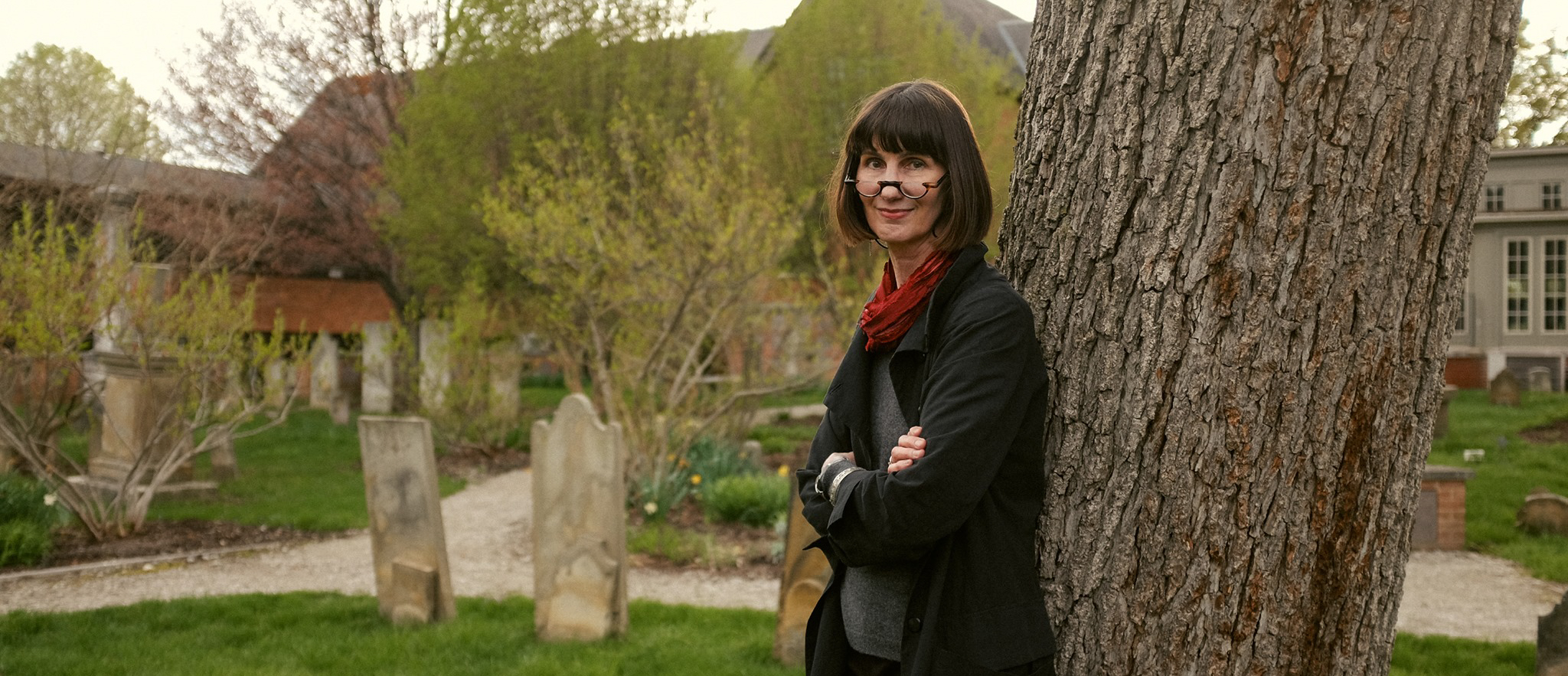Link til Zoom: https://syddanskuni.zoom.us/j/62995328021
Humans have always been attracted to stories that send a chill down their spines. Ghosts make appearances in ancient Greek epics and tragedies and it’s clear that many ancient peoples liked to exchange stories of encounters with demons and ghosts in less formal settings, as well. It was only much later that the horror story as we now know it was born—most scholars point to Mary Shelley’s Frankenstein (1818) as its debut—but by the end of the 19th century, under the pens of J. Sheridan LeFanu, Guy de Maupassant, M.R. James and others, it became a literary genre of its own, which is now consistently among the top-selling categories of books. In 2019, Stephen King alone was the fifth highest-earning author in the world.
The topic that drives my current research is the relationship between some horror stories and religious beliefs. In this paper, I’ll start by analyzing the ways in which ancient Greek horror stories supported belief not only in ghosts and demons and their power to affect the living, but also in the existence of the gods. I’ll argue that, in a culture where a single, civically sanctioned religion is dominant, such stories tend to straightforwardly endorse that religion. I’ll look briefly at medieval horror stories as well, which complicate but confirm my proposal.
I’ll then move to the 19th century, a time when, in the western world, mainstream institutional religions were continuing their post-Enlightenment descent, and to the 20th and 21st centuries, during which membership in mainstream religions has declined even more steeply. I’ll argue that, correspondingly, horror stories now have a different relationship to religion. Some of them provide religious affordance; that is, they open up spaces in which questions that are normally answered by religions (e.g., ‘Is there an unseen realm?’ ‘Who’s in charge of it?’ ‘Are they merciful or cruel?’) can be entertained. Such stories do not provide answers to these questions; rather, they prompt readers to ponder possible answers, some of which the story itself may gesture towards, others of which may spring from the readers’ own religious commitments or from their cultural surroundings. I’ll demonstrate my point by close readings of M.R. James’ ‘Oh Whistle and I’ll Come to You, My Lad’ (1904) and Stephen King’s Revival (2014) as well as briefer looks at other stories.
The lecture is organized by The Research Programme Authority, Materiality and Media, with the Study of Religion, and the Research Programme Cultural Encounters and Political History, Dept. of History, University of Southern Denmark.


